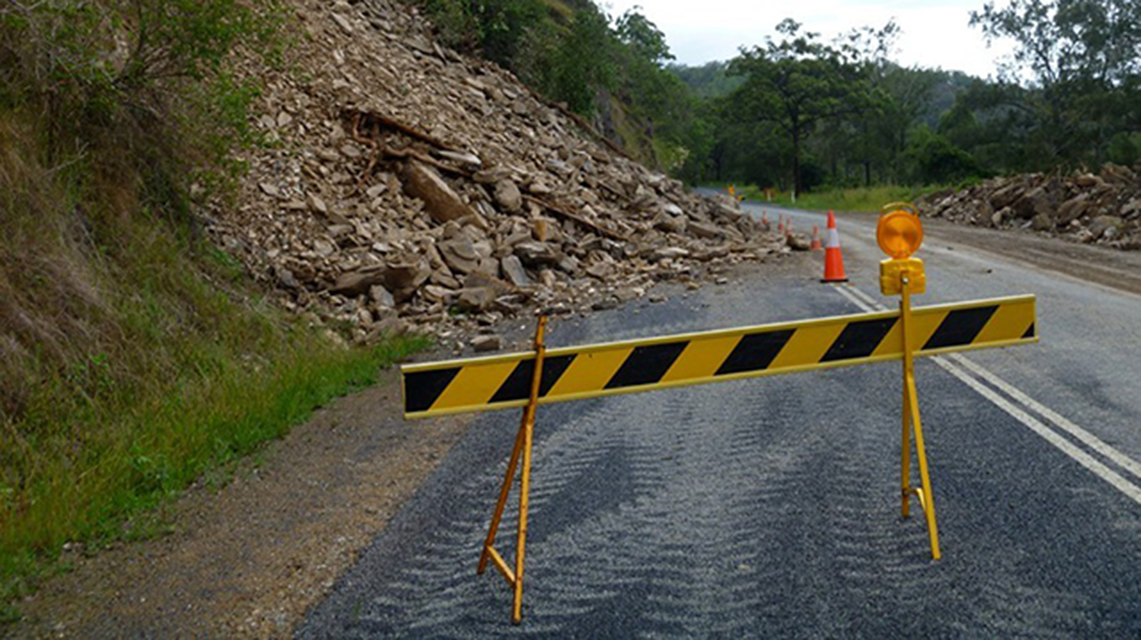Geohazard risks are increasing across the globe due to climate change. Any disruptions to the transport system will reverse economic and development gains and impact citizens’ safety and access to critical infrastructure such as hospitals, schools, or shelters. This E-leaning will help users learn the road geohazard risk management step by step in a systematic and comprehensive manner through the following structure: Part 1: Framework for Road Geohazard Risk Management, helps users understand the framework for road geohazard risk management, introduces some basic concepts, and provides context to the overall handbook. Part 2: Institutional Capacity and Coordination, covers the institutional arrangements that are necessary for the successful implementation of geohazard risk management. Part 3: Systems Planning, covers the systems planning aspects, pertaining to the identification, assessment, and evaluation of risks, along with raising awareness of disasters. Part 4: Engineering and Design, deals with the engineered solutions to address geohazard risks, giving examples of different solutions to particular risk types. Part 5: Operations and Maintenance, focuses on the operations and maintenance aspects of geohazard management—whether the maintenance of previously engineered solutions or the nonengineered solutions available to mitigate the impacts of geohazard risks. Part 6: Contingency Planning, addresses contingency programming issues, such as postdisaster response and recovery, and the important issue of funding arrangements and emergency preparedness. Case Studies: Present a collection of completed studies, trainings, and workshops targeted to enhance the capacity of geohazard risk management in different countries In addition, this E-leaning contains the reference list and additional online resources.

About Open Learning Campus
All registered users of OLC can experience its impact of new features. If you are already registered with OLC you can directly sign in to the new system. If you are a new user then do register to avail of the dynamic learning opportunities from WBG to deepen your knowledge and skills on a variety of development related topics. For example, you will have access to timely resources such as:
- Ted like video talks
- Podcasts
- Formal learnings (i.e., Self-paced courses/Facilitated Courses/MOOCs)
- Live events and Knowledge Exchanges
- Communities of Practice
You will have access to an extensive catalog of resources through which you can search and discover relevant learning materials.
How to Access the Course Content
To access the course content, please follow the below registration steps:
- Open https://wbg.edcast.com/
- Navigate to “No account?” and select “Create one!”. Select “Next” to continue with the next step.
- Enter the code that you received via email at the “Enter Code” field. Select “Sign in” to continue with the next step.
- Fill in your First and Last Names and select a preferred communication language. Select “Next” to continue with the next step.
- Select up to five learning goals. Select “Next” to continue with the next step.
- Select up to five skills. Select “Next” to continue with the next step.
- Congratulations and welcome to the OLC! You’ll find additional tips and suggestions inside the “Welcome to the Open Learning Campus” channel at the top of the home page.
Course Details
- Mode: Self-Paced
